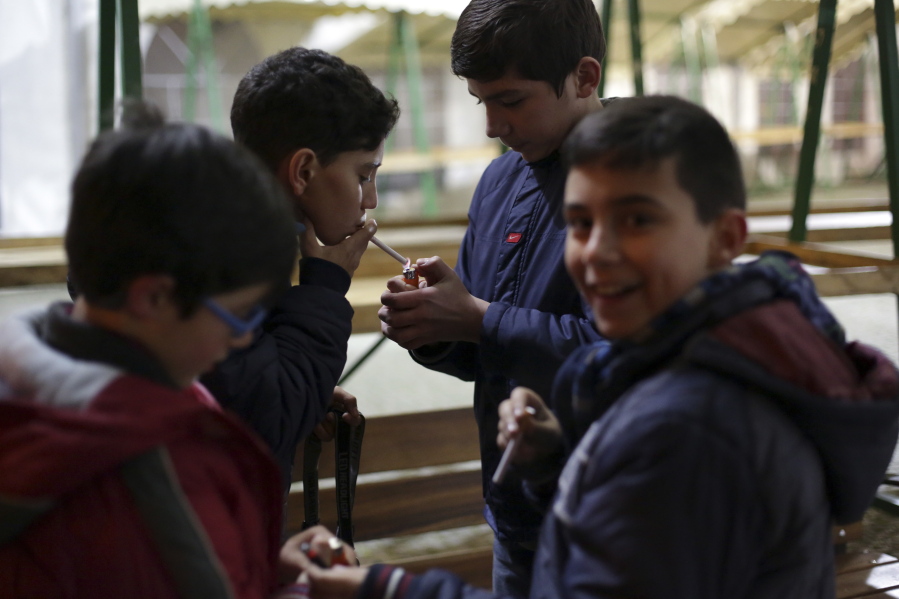Watch out for signs of smoking in your kids

Team L&M
Smoking among older teens is something that is most dreaded by the parents. As these youngsters experience newfound freedom and a realisation of having “grown up”, older teenagers tend to experiment with a number of things with smoking, chewing tobacco and drinking alcohol topping the list. There are a number of reasons that explain why children are drawn to cigarettes and tobacco; they want to look cool, act older, seem tough, or want to feel independent.
Once your child turns 17-18, watch out for
- Smell in your child’s clothing
- Coughing
- Throat irritation
- Hoarseness
- Bad breath
- Decreased athletic performance
- Greater susceptibility to colds
- Stained teeth and clothing
- Shortness of breath
How to prevent you child from falling into this bad habit is a big question that several parents face. Following tips will help:
- Once you know that your child has gotten into this bad habit, discuss the perils of it in a way that doesn’t make kids fear punishment or judgment. Tell them the dangers of it to the health and their social prestige in later life.
- Ask your child what he/she finds appealing about smoking, and listen patiently. This shows that you value your child’s views and thoughts and make him/her get closer to your emotionally.
- Involve yourself into the life of your child. Read with them, watch TV as a family and even go to the movies with your kids as a family. Tell your child gently that if his/her favourite hero is shown smoking in films it doesn’t mean that he is doing so in his real life. Explain the difference between reel and real.
- Slowly and steadily keep reinforcing that smoking isn’t good for health.
- Involve your child in sporting and other physical activities.
- Discuss ways to respond to peer pressure to smoke. Make him confident enough so that he can say “no” to his peers when offered a cigarette or a drink. And walk away if his wishes are not respected by his friends. Self-confidence of a child’s is the best protection against peer pressure.
Once you have successfully motivated your child against not smoking help him in quitting this habit.
- Try not to nag but help your child develop a quitting plan and offer information and resources, and reinforce the decision to quit with praise.
- Stress the natural rewards that come with quitting: freedom from addiction, improved fitness, better athletic performance, and improved appearance.


